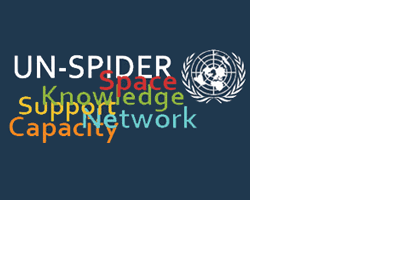The UN reiterated calls on Tuesday for the world to respond quickly to current worldwide disasters and streamline efforts to tackle their inevitable impacts.
“In the midst of a crisis, there is space for reflection. Lives hang in the balance. Every minute counts. But there is much we can learn after the fact and there is much we can do to minimize the impact for the future,” UN Secretary-General Ban Ki-moon said in his opening speech at a world reconstruction conference in Geneva, Switzerland, on Tuesday.
The World Reconstruction Conference, as part of the third session of the Global Platform on Disaster Risk Reduction, was held against the backdrop of March’s deadly earthquake and tsunami in Japan.
The Japanese tsunami, which brought with it the threat of a nuclear disaster at the Fukushima plant, was the latest in the series of major catastrophes over the years.
“We cannot eliminate disasters, but can mitigate the risk. We can lessen the damage. We can save more lives,” Ban said. Drawing together more than two thousand participants from across the world, the conference coincided with the launch of the Global Assessment Report, which highlights the need for “systematic accounting of disaster losses and impacts, and for the comprehensive assessment of disaster risk”. “As this new report shows, disasters caused by natural hazards are taking a heavy toll on communities everywhere — in countries rich and poor. They are outpacing our ability to respond,” Ban said. At the end of his remarks, he hailed President Susilo Bambang Yudhoyono as a champion of disaster management.
As a country very vulnerable to natural disasters, Indonesia has been overwhelmed by a string of disasters over the past two years, with the last three major events occurring almost simultaneously.
The flash floods in Papua, a tsunami in Mentawai, West Sumatra, and Mount Merapi eruptions in Yogyakarta marked 2010 as one of the bleakest years in the country since the 2004 Indian Ocean tsunami.
On Tuesday, Yudhoyono addressed the forum, spoke of the country’s experience and shared lessons in dealing with disasters. “We need to change our mind-set from reactive to preventive,” he said in a taped speech. He added that communities would have to be empowered further in disaster management.
Together with UN International Strategy for Disaster Reduction (UNISDR), the World Bank hosted the event in the hope that the world would enhance efforts to reduce disaster impacts, particularly as disasters would bring imminent financial and economic burdens.
The opening day of the four-day event, which is taking place at the Geneva International Conference Center, featured various topics, including one on how to strengthen local recovery efforts with a view to rebuilding affected areas and communities.
“One of the facts that we learned is that the affected population’s survival mechanism is indeed in existence and is part of the local wisdom that they inherit from their ancestors.
The local wisdom that they possess enabled them to better understand their environment and the natural hazards they face,” Syamsul Maarif, the chairman of the National Agency for Disaster Management, said.
Side session co-organized by UN-SPIDER takes place 10/05/2011 - 13/05/2011 in Geneva, Switzerland.
Side Session of the SPIDER Global Thematic Partnership
“Integrated Use of Space Technologies for Disaster-Risk Reduction”
Co-Organizers:
Asian Disaster Reduction Center, ADRC, Japan
German Aerospace Center, DLR
International Society of Photogrammetry and Remote Sensing, ISPRS
Environmental Systems Research Institute, Inc., ESRI
UNOOSA / UN-SPIDER
Space-based applications are frequently used in emergency response during disasters, to monitor the state of the environment, the impacts of climate change; and for global navigation and telecommunications worldwide. This session by UN-SPIDER, DLR, ADRC, ESRI, and ISPRS will showcase examples of space applications in the context of disaster-risk reduction, adaptation to climate change, and recovery. It is conducted to promote cooperation between the space and the disaster-risk reduction communities. The session aims to demonstrate that Investing today in the use of space-based Information will lead to a safer tomorrow.
See link for further information on the side session: http://www.un-spider.org/event-en/3507/2011-05-10/third-session-global-platform-disaster-risk-reduction

